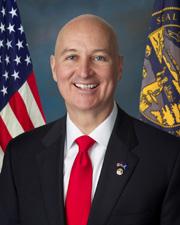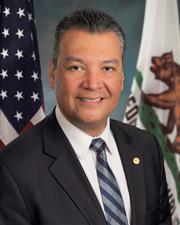0
HERO Act
1/23/2024, 5:15 AM
Summary of Bill S 1925
The HERO Act aims to establish a grant program that would provide funding to states, local governments, and tribal entities to support essential workers. This funding would be used to provide hazard pay, personal protective equipment (PPE), and other necessary resources to ensure the safety and well-being of these workers.
Additionally, the bill includes provisions to improve workplace safety standards and protections for essential workers. This includes requiring employers to develop and implement infectious disease exposure control plans, as well as providing whistleblower protections for workers who report violations of these standards. Overall, the HERO Act seeks to recognize the sacrifices and contributions of frontline workers during the pandemic and ensure that they have the support and resources they need to continue their important work.
Congressional Summary of S 1925
Helping Emergency Responders Overcome Act or the HERO Act
This bill establishes and authorizes behavioral health programs for law enforcement officers, firefighters, emergency medical services personnel, 9-1-1 operators, and other public safety officers.
Specifically, the Fire Administration within the Federal Emergency Management Agency must develop resources for educating mental health care providers about treating firefighters and emergency medical services personnel.
In addition, the Department of Health and Human Services (HHS) must develop best practices and resources for identifying, preventing, and treating post-traumatic stress disorder and co-occurring disorders in public safety officers. HHS must work with relevant federal departments to incorporate these resources into federal training programs for public safety officers.
The bill also authorizes HHS to set up a public safety officer suicide-reporting system and a grant program for peer-support behavioral health and wellness programs within fire departments and emergency medical services agencies.



